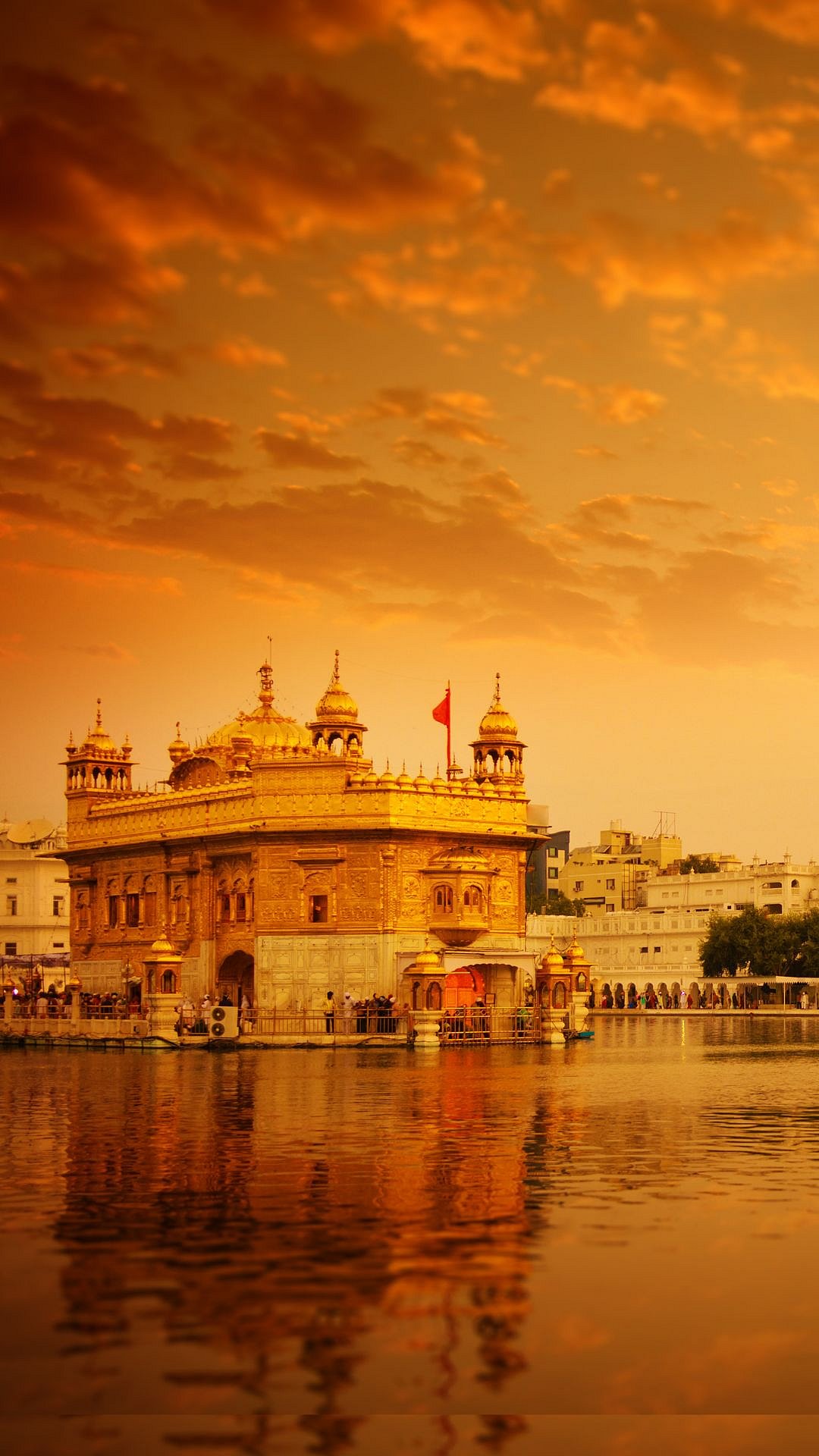Little more than four years after the publication of his runaway hit Gun Island, the latest novel to hit the shelves is Smoke and Ashes: A Writer’s Journey through Opium’s Hidden Histories. The idea of the book breathed life way before The Glass Palace saw the light in 2001 reveals the author of the book, Amitav Ghosh as we sit for this interview during his recent visit to the Maximum City for the launch of his book at The Royal Opera House. Ghosh’s latest offering Smoke and Ashes deals with the Opium trade. Drawing the relationship between historical non-fiction, literary fiction and ethnographic writing, Ghosh traces the transformative effect the opium trade had on Britain, India and China, and world at large. Moving deftly between histories, the mythologies of capitalism and the social and cultural repercussions of colonialism, Ghosh yet again addresses an issue that affects humanity, just like climate disruption, mass migration, and biodiversity with a striking attention to historical and ethnographic details.
Excerpts from the interview:
Your fiction has themes of biodiversity, climate change, and migration issues with a striking attention to historical and ethnographic details. Smoke and Ashes draws references from India’s colonial past and the opium trade. Why is the subject of opium important to you?
These themes have interested me for a long time, and in one way or another I have dealt with them in all my books, so it is not surprising that I have returned to them in Smoke and Ashes. The world today is facing an unprecedented situation in which many different crises are accelerating each other — climate change, biodiversity loss, mass migration etc. The opioid crisis is less visible than the others, but it is also an important aspect of the current polycrisis. Over the past couple of months, wildfires have consumed a huge part of Canada’s northern forests, and the smoke from the fires has blanketed the US as well. We are living in a time of unprecedented crisis when the future of humanity is at stake. The most pressing question that confronts us now is: What can we rescue from the smoke and ashes of this world?
How according to you has opium shaped the modern world given that India was the world’s largest producer of opium during the British Empire?
As I have shown in the book, the opium poppy was crucial to the making of contemporary, globalised capitalism. Today, this plant is more powerful than ever before, in the sense that there is more opium being produced today around the world than in centuries past. Today, opioids have become an important destabilising factor in many countries. This is true of northern Mexico, and parts of the US; it is also true of northeastern India.

Do you think that the scientific revolution in the East and West has harmed humanity more than it has benefited it?
I think the issue of finding a balance between the needs of humans and non-humans is the most important challenge facing us today. Historically, the importance of this balance was recognised by most societies and cultures. Unfortunately, over the last couple of centuries, it has been forgotten. Science has certainly conferred many benefits on humanity, however, it is also true that all the major crises that we are facing today are, in one way or another, the unintended consequences of various scientific and technological ‘advances’. So, for example, pesticides may have contributed to crop yields (although this is disputed by some analysts). However, they have also led to a global crash in insect populations. And agriculture is critically dependent on insects; the disappearance of bees would be a catastrophe for humanity.
Your last book, The Living Mountain was a fable, Jungle Nama was in verse, while others were historical fiction. What inspires you to explore new genres?
As I noted in my book The Great Derangement, it is difficult to address the multiple, intersecting crises of our time with conventional literary forms. That is why I felt it necessary to write in other forms.
Has living in the US changed the way you approach Indian characters and subjects?
It is certainly true that living in the US has given me a broader, more global perspective. But this is not necessarily a good thing. Many great writers have been able to see the world in a grain of sand.
Do you observe readership changing over time, especially the millennials and Gen Z?
It is certainly the case that most young Indians tend to gravitate towards the STEM fields, so their knowledge of history and the humanities tends to be rather shallow. However, at the same time, I think the younger generation is very curious about the past.
At a time when freedom of expression is constantly curbed, How do you defend your liberty and independence to write your mind?
James Joyce famously said that the only arms that he would allow himself to use, to defend himself as a writer, were ‘silence, cunning and exile’. These are still a writer’s most useful weapons.











